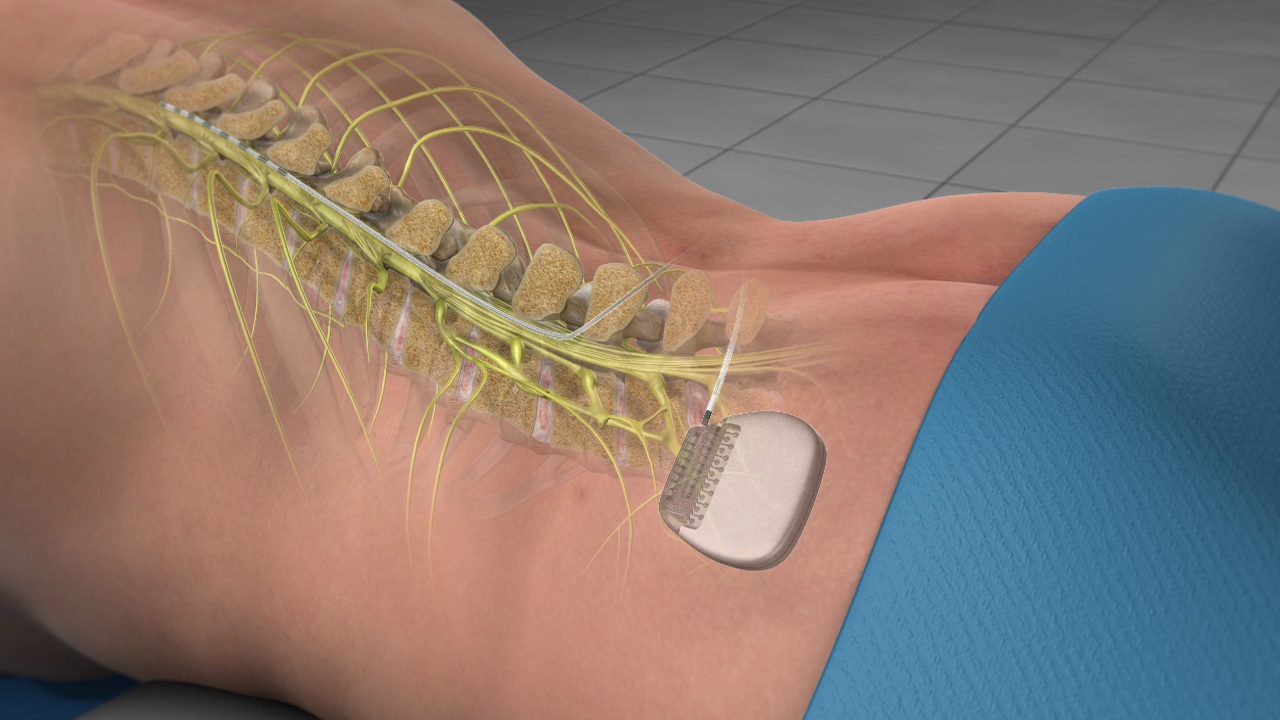
After Brain Aneurysm Surgery
A brain aneurysm is a potentially life-threatening condition that occurs when a weak spot in a blood vessel in the brain bulges and fills with blood. If left untreated, the aneurysm can rupture, causing bleeding in the brain that can lead to a stroke or even death.
Fortunately, advances in medical technology and surgical techniques have made it possible to treat brain aneurysms and help patients lead normal lives after surgery. While recovery from brain aneurysm surgery can be a long and challenging process, many patients can return to their normal activities with time and support.
The recovery process after brain aneurysm surgery can vary depending on several factors, including the location and size of the aneurysm, the patient’s age and overall health, and the type of surgery performed. In general, patients can expect to spend some time in the hospital after surgery and may require additional care and support during the early stages of their recovery.
Some common symptoms and side effects of brain aneurysm surgery can include headache, dizziness, fatigue, and difficulty with memory and concentration. Patients may also experience changes in their mood and emotions, such as depression or anxiety, as they adjust to life after surgery.
Despite these challenges, many patients can resume their normal activities with time and support. Depending on the nature of their work, patients may need to take some time off after surgery, but many can return to their jobs once they have fully recovered.
In addition to physical recovery, many patients also benefit from emotional and psychological support during the recovery process. Support groups, counseling, and other forms of therapy can help patients cope with the emotional toll of brain aneurysm surgery and regain their confidence and independence.
Overall, while the recovery process after brain aneurysm surgery can be challenging, many patients can lead normal, fulfilling lives with time and support. If you or a loved one has been diagnosed with a brain aneurysm, it’s important to work closely with your healthcare team to develop a treatment plan and support network that can help you achieve the best possible outcome.
How Serious Is Brain Aneurysm Surgery?
Surgery for brain aneurysms is a significant medical operation that comes with the possibility of experiencing both risks and complications. The precise difficulty of the procedure can vary widely depending on a variety of aspects, including the location and size of the aneurysm, the patient’s age and overall health, as well as the particular type of surgery that is carried out. Although improvements in medical technology and surgical procedures have made surgery for brain aneurysms safer and more effective than they have ever been, it is still a complicated and delicate treatment that requires the expertise of trained medical professionals.
During the healing phase, patients may experience side effects such as headaches, dizziness, or difficulties with memory and concentration. This is a risk that is associated with any type of surgical procedure and includes the possibility of complications such as infection, hemorrhage, and stroke. Nonetheless, many patients can successfully undergo brain aneurysm surgery and obtain excellent outcomes. This is due in large part to proper planning, care, and support from their medical teams.
How Long Is Recovery from Brain Aneurysm Surgery?
The length of time it takes to recover from surgery to repair a brain aneurysm can change based on a variety of factors, such as the patient’s age and overall health, the size and location of the aneurysm, and the procedure that was used to repair it. After surgery, patients should often plan to be in the hospital for several days, and they should be prepared to receive additional care and assistance during the initial phases of their recovery, if necessary. The first few weeks following surgery are often the most trying for patients, since they may experience symptoms such as headaches, dizziness, lethargy, and trouble with memory and attention during this time.
Nonetheless, many people can get back to their normal activities within a few months of having surgery if they are given sufficient time and assistance. Patients must maintain close communication with their healthcare providers during the recovery process and adhere to all post-operative instructions to assist in achieving the most favorable outcome possible.
Do People Fully Recover From Brain Aneurysms?
The degree to which a person recovers from a brain aneurysm can vary substantially based not only on the size and location of the aneurysm but also on the treatment that was administered. Patients may in some instances endure long-term repercussions such as cognitive impairment or physical disability as a result of their condition. Yet, a significant percentage of patients do make a full recovery from their brain aneurysms and can return to their previous levels of functioning given enough time and assistance.
The process of healing may include speech therapy, physical therapy, and several other forms of rehabilitation, in addition to continued monitoring and care to prevent the aneurysm from occurring again in the future. After suffering a brain aneurysm, many people can experience a favorable outcome and reclaim their previous level of quality of life provided they receive the appropriate medical therapy and care.
The Study of After Brain Aneurysm Surgery
For instance, a recent study published in the Journal of Neurosurgery examined the outcomes of patients who underwent brain aneurysm surgery using advanced endovascular techniques. The study found that these minimally invasive procedures resulted in shorter hospital stays and faster recovery times compared to traditional open surgeries. This is just one example of how medical advancements have improved the safety and effectiveness of brain aneurysm surgery, giving patients better chances of a successful recovery.
Healthy Türkiye Notes
In conclusion, while brain aneurysm surgery is a serious medical procedure that carries some risks and potential complications, it is also a potentially life-saving treatment that can help patients recover from this dangerous condition. The recovery process can be challenging and may involve some long-term effects, but with proper care and support, many patients can achieve a positive outcome and resume their normal activities.
If you or a loved one has been diagnosed with a brain aneurysm, it is important to work closely with your healthcare team and follow all post-operative instructions to ensure the best possible outcome. With early detection, prompt treatment, and ongoing care, it is possible to fully recover from brain aneurysms and lead a fulfilling life.




